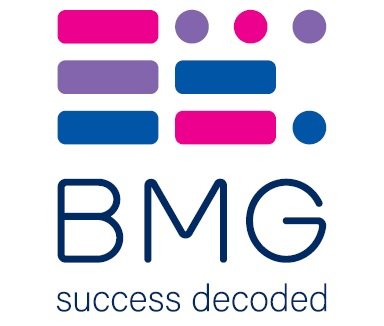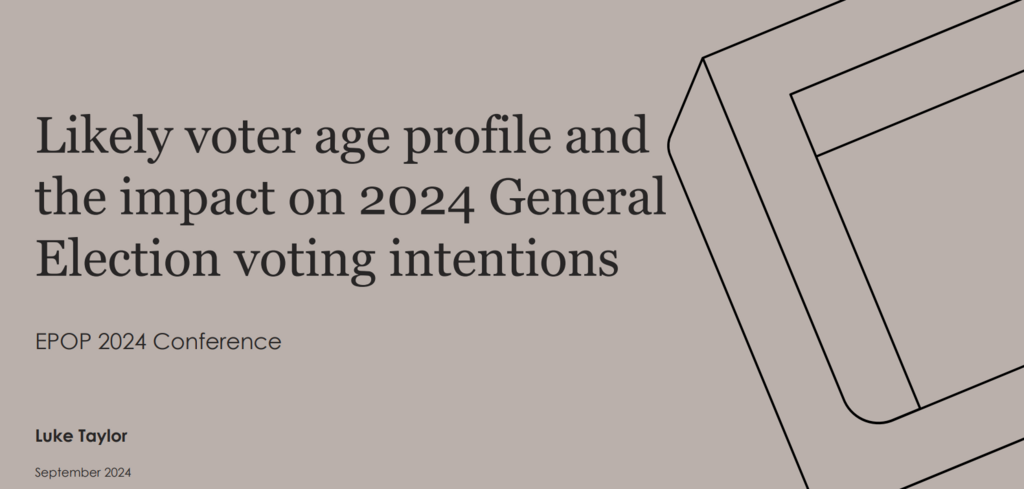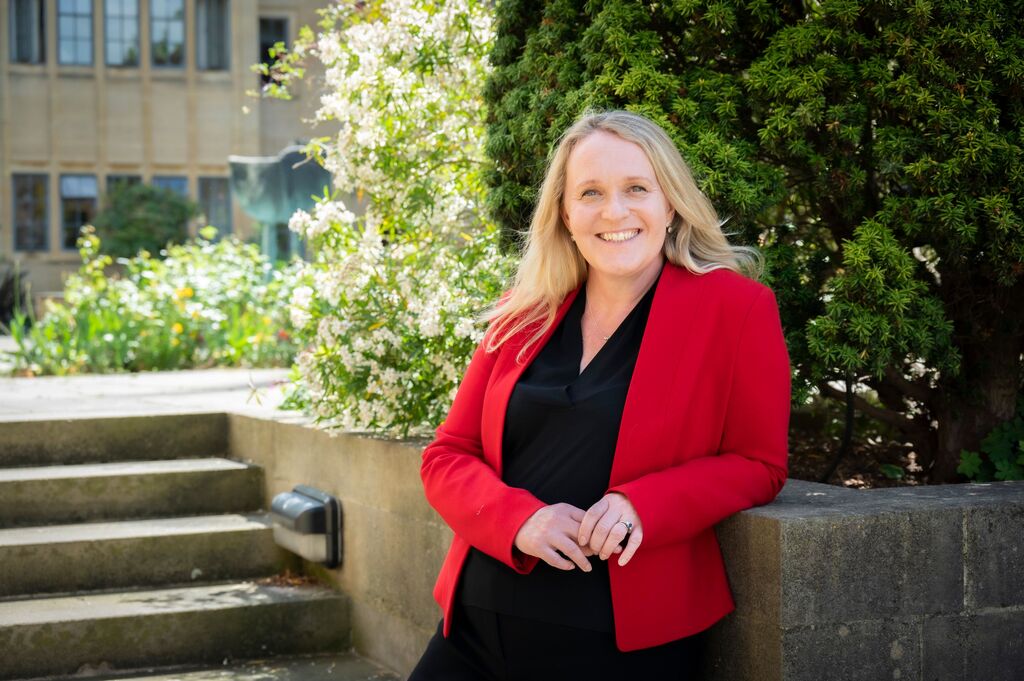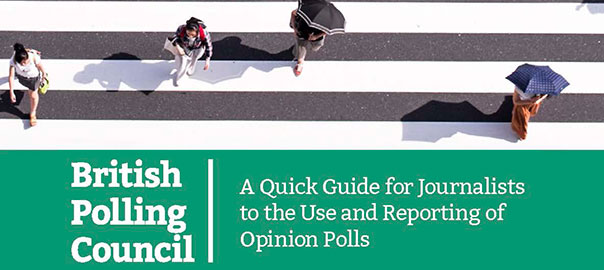As part of the British Polling Council’s commitment to transparency and accountability, this special page collates research findings and reflections on the performance of the polls, including the over-statement of the Labour vote share, at the 2024 general election.
Event: British Polling Lessons from 2024
A public event, organised by the BPC, in association with the Market Research Society, was held on 6th May 2025 to reflect on the lessons learned to date. In a series of talks, representatives of BPC member organisations presented a synthesis of the analysis conducted to date. The event also provided an opportunity for representatives of the academic, media and political communities to share their perspectives. Download the presentations here (23MB pptx).
Preliminary Findings from BPC members
In the section below, BPC member organisations share their early research findings on the experience of 2024 and what it means for future polling practice. Some members share data and/or further information about their existing and ongoing research, and links can be found in their individual submissions.
We will update this page as additional research has taken place and all post-election data (including from the random probability British Election Study) are available.

In the challenging context of predicting electoral outcomes, BMG Research is delighted to be among the most accurate pollsters for the 2024 General Election.
Professor Will Jennings’ analysis, highlights our performance as one of the most accurate in terms of total absolute error.
Improving polling accuracy report

Overall the industry polling, including those polls conducted by Electoral Calculus and Find Out Now, overestimated the Labour lead at the 2024 general election.

Following the election Find Out Now has conducted an internal investigation into the likely cause of election polling error (in addition to the based on polling from our panel).
Find Out Now and the 2024 General Election

We recently completed our internal review of our polling performance and methodological approaches for the 2024 UK general election, analysing both traditional and MRP polling. We are pleased to now be able to present the findings publicly.
Review into our performance at the 2024 UK general election.

Ipsos UK 2024 Election Review Initial Conclusions (ppt)

Over the last few months, we have looked into where we think our General Election polling went well, and the areas we need to improve if we want to continue to make our polling as accurate as possible…
Our 2024 Election Polling: Lessons Learned

Survation’s analysis on 2024 lessons could be included in our round up of evidence.
Review of Survation’s 2024 General Election Telephone Polling (pdf)
2024 General Election MRP Model Post-mortem (pdf)
2024 General Election Cati Recontacts Tables (xls)


EPOP 2024 Luke Taylor voter age profile 2024 (pdf 282kb)
Reflections on 2024 General Election Political Polling (pdf 361kb)

YouGov’s model was the most accurate in terms of seats and the second most accurate for vote share – but there are ways we could have been more accurate still
A summary of YouGov’s review into our 2024 general election performance

